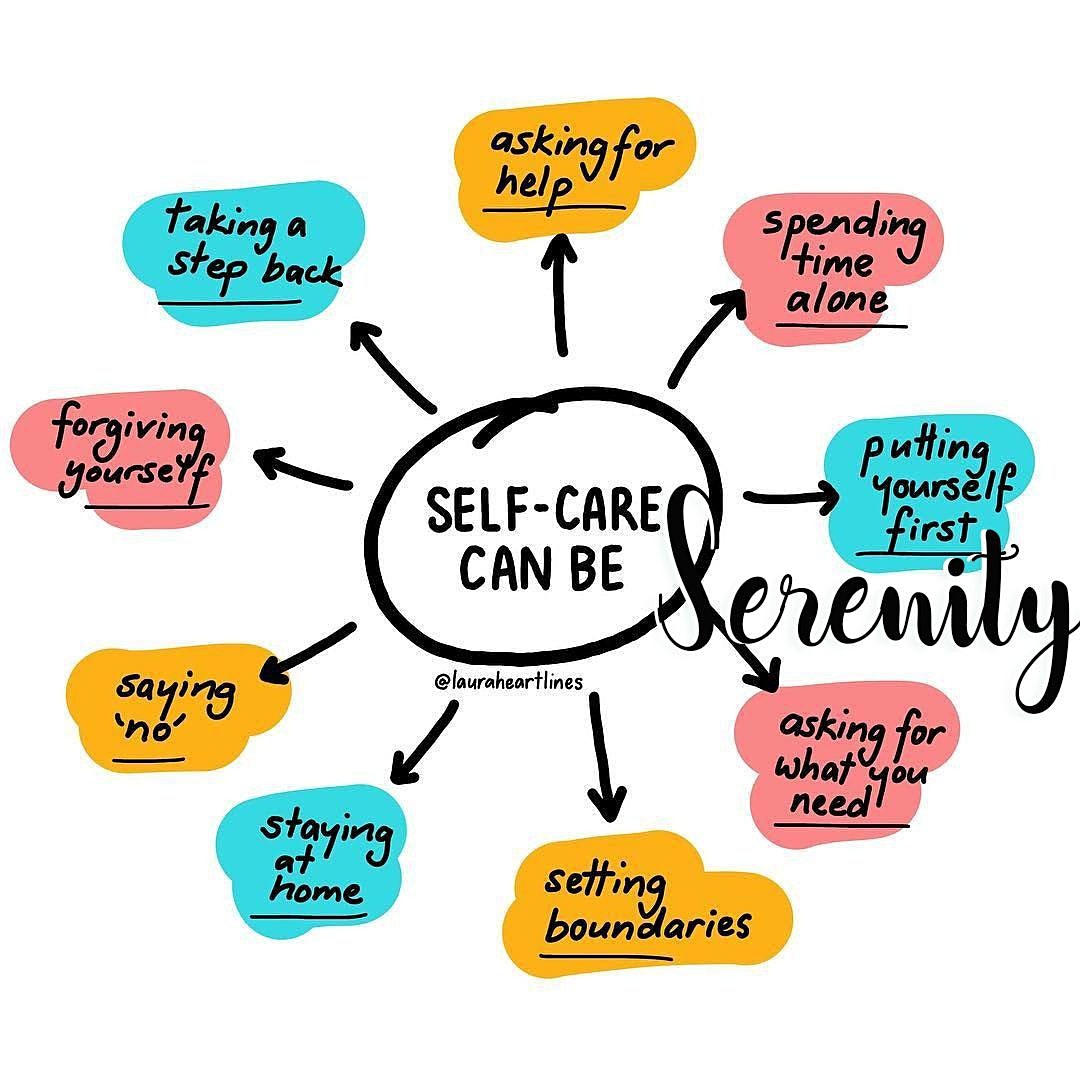The Science of Self-Care: How to Nurture Your Mind, Body, and Spirit
FACT CHECKED ✅
Self-care, a multifaceted practice that encompasses physical, mental, and emotional well-being, is essential for maintaining a balanced and healthy life. This article explores the scientific foundations of self-care, its benefits, and practical strategies for integrating it into daily life. By understanding the importance of self-care, we can improve our overall well-being and build resilience against life’s challenges.
 |
| Self-care is essential for maintaining a balanced and healthy life (📷: thebyronicman) |
Understanding Self-Care
Self-care is a holistic practice that involves activities and habits aimed at improving one’s physical, mental, and emotional health. Unlike indulgence or selfishness, self-care is about maintaining a healthy relationship with oneself to function effectively and contribute meaningfully to society. Scientific research underscores the importance of self-care in reducing stress, preventing burnout, and enhancing overall quality of life.
The Science Behind Self-Care
Numerous studies have demonstrated the benefits of self-care practices. Engaging in regular physical activity, for example, has been shown to improve mood, reduce anxiety, and enhance cognitive function. Mindfulness and meditation practices can decrease symptoms of depression and anxiety by promoting relaxation and emotional regulation. Additionally, proper nutrition and sleep are fundamental components of self-care, directly impacting physical and mental health.
 |
| (📷: walkingwithjoy) |
Benefits of Self-Care
Improved Mental Health: Self-care practices such as mindfulness, meditation, and regular exercise can significantly reduce symptoms of anxiety and depression. These activities promote relaxation, enhance mood, and improve cognitive function.
Enhanced Physical Health: Engaging in physical activities, maintaining a balanced diet, and ensuring adequate sleep are crucial for overall health. These practices boost the immune system, increase energy levels, and reduce the risk of chronic diseases.
Better Emotional Well-being: Self-care fosters emotional resilience by helping individuals manage stress and build coping mechanisms. Activities like journaling, therapy, and hobbies provide emotional outlets and enhance self-awareness.
Increased Productivity: Taking time for self-care can lead to better focus, increased creativity, and improved problem-solving skills. By preventing burnout, self-care ensures sustained productivity and efficiency.
Strengthened Relationships: When individuals prioritise self-care, they are better equipped to maintain healthy relationships. Self-care promotes emotional stability, empathy, and effective communication.
Practical Strategies for Self-Care
Mindfulness and Meditation: Practising mindfulness and meditation can help individuals stay present, manage stress, and improve emotional regulation. Techniques such as deep breathing exercises, guided meditations, and yoga are effective starting points.
Physical Activity: Regular exercise is vital for physical and mental health. Activities such as walking, cycling, swimming, or participating in sports can boost mood, improve fitness, and reduce stress.
Nutrition and Hydration: Eating a balanced diet rich in fruits, vegetables, lean proteins, and whole grains is essential for overall health. Staying hydrated and avoiding excessive caffeine and alcohol consumption are also crucial.
Adequate Sleep: Ensuring 7-9 hours of quality sleep per night (for adults) is fundamental for physical and mental health. Establishing a regular sleep routine and creating a restful environment can improve sleep quality.
Hobbies and Interests: Engaging in hobbies and interests provides a sense of joy and fulfilment. Whether it’s reading, painting, gardening, or playing a musical instrument, dedicating time to personal passions is a key aspect of self-care.
Social Connections: Building and maintaining strong social connections is vital for emotional well-being. Developing a strong support system through friends, family, community groups, or mentors, participating in community activities, and seeking help when needed are important practices..
Implementing Self-Care in Daily Life
Incorporating self-care into daily routines requires commitment and consistency. Here are some tips to make self-care a sustainable practice:
Schedule Self-Care Time: Dedicate specific times each day for self-care activities, treating them as non-negotiable appointments with yourself.
Start Small: Begin with small, manageable self-care practices and gradually build up. Consistency is more important than intensity.
Listen to Your Body: Pay attention to your body’s needs and adjust your self-care practices accordingly. Everyone’s self-care routine will look different.
Seek Professional Support: Don’t hesitate to seek professional help if needed. Therapists, nutritionists, and fitness trainers can provide valuable guidance and support.
 |
| Unlike indulgence or selfishness, self-care is about maintaining a healthy relationship with oneself (📷: everydayhealth) |
Self-care is an essential practice for maintaining mental, physical, and emotional health. By understanding the scientific foundations and practical strategies for self-care, individuals can enhance their well-being and build resilience against life’s challenges. Embracing self-care as a regular part of daily life fosters a balanced, fulfilling, and healthier existence. And remember, if you or someone you know is struggling or in crisis, help is available.
⭐⭐⭐
*AI assisted


